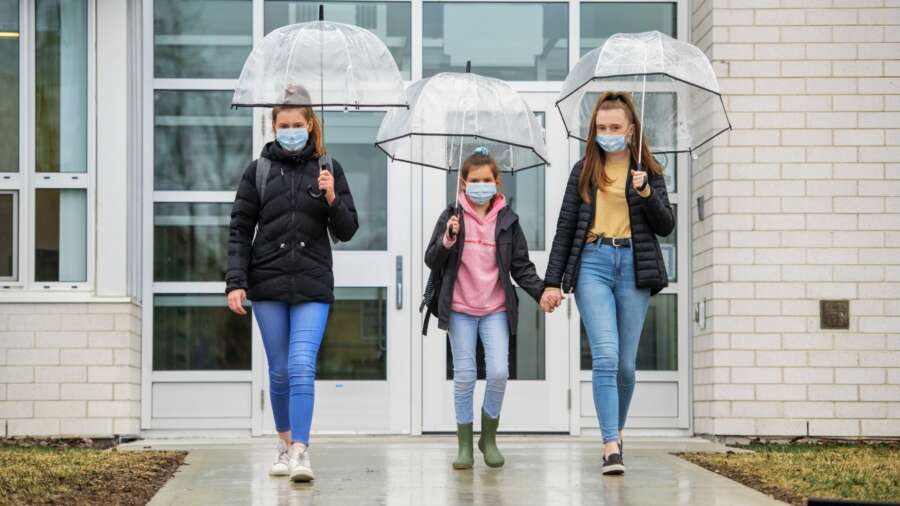
With times being so uncertain, and employee stress levels at an all time high, organisations are facing extra pressure to maintain the safety and well-being of their employees. Managers in particular are now expected to perform their usual roles not only from home offices, but with a greater emphasis on supporting the physical and mental health of their team members. Understandably, some managers have struggled with this. With corporate responsibility and accountability now a bigger focus than ever before, Curtis Bailey, Business Development Director at TechNET IT Recruitment, explores how organisations and managers can put people at the heart of their Covid-19 response.
Lead By Example
Now more than ever before, managers and leaders are being called upon to inspire their teams, and leading by example is more important than ever. It’s important to promote healthy attitudes and responses amongst employees.
There’s several ways managers can do this. Firstly, understand that times are difficult for everyone. Some employees may have high-risk family members, and some may have children or other responsibilities which pull focus from work. Managers should encourage employees to take time off – both paid holidays and in sick leave – and discuss internally how important these breathers are for mental health.
Make sure you remain up to date on safety and public health guidelines and adapt the business accordingly to follow rules and regulations. Covid-19 guidelines can change quickly, so follow any changes and their impact. Never ask staff to do anything they’re uncomfortable with or anything which goes against guidelines or rules. Create resources which offer advice on mental and physical health and make an effort to point employees towards these in regular catch up meetings.
Managers need to be aware that changes across the year may impact performance. It’s important to remain flexible, and to find the correct balance between workloads and employees. Explore ways to take the pressure off – perhaps flexible deadlines would help staff, or promote a healthy work-life balance and give employees more time off. Happier employees will naturally perform better, so a focus on mental health over output may, conversely improve efficiency throughout the company.
Lead with Empathy
When communicating with your employees, it is vital to lead with empathy. Remember – this year especially, you never know what is going on in someone’s personal life. Always remain empathetic, and flexible
It’s more important than ever to provide emotional support. Encourage employees to talk, it’s absolutely vital to ensure good communication. Some managers may want to become more open about their own personal circumstances, allowing staff to know your preferences regarding working from home as well as any particular challenges you face with family members. Be approachable, be open – and inspire your employees to talk to you when they have problems.
Managers need to convey to their teams the impact of the Covid-19 pandemic and highlight and foster open levels of communication, allowing employees to know that everyone is in this together. Be understanding and sensitive to employee’s issues and needs at all times.
On a more practical level, look for signs of stress and depression in employees. This could manifest in a withdrawal from other team members, or poor performance. Pay attention if employees are acting out of character. Bursts of anger, and appearing disorganised and frazzled are signs of stress. It’s important to clock signs of stress and depression early and make sure employees have all the help and support needed. ‘Tough love’ management styles need to take a backseat during the pandemic.
Be aware of your employee’s home life following the move to home working. Does your employee live alone? In that case, they may have very little interaction with anyone outside of work. At the most basic level, make sure employees are ok – and look to offer ways to alleviate this with socially distanced meet-ups, or virtual games and catch ups which encourage social ties with other team members.
Look to prioritise health first and your employees will thank you for it.


